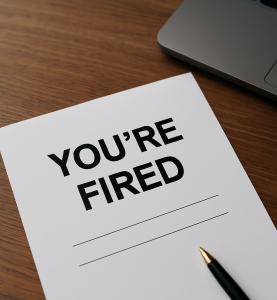Each year, 4.9 million workers' compensation claims are made in the U.S. by both private and government employees with each claim amounting to around $41,000. Under the workers’ compensation scheme, employees are entitled to receive benefits for injuries they incur as a result of their job duties. This ensures that they will be provided financially for matters such as medical treatment, rehabilitation, and wage replacement if they are unable to return to work. In return for this safety net, employers are generally protected from legal action or lawsuits by their employees.
Common workplace injuries covered by the scheme include slips, trips, and falls which can lead to broken bones, neck injuries, hip injuries, and more. If you have injured your hip at work, it is advisable to contact a hip injury workers compensation lawyer who can advise you of your rights.
With a cost to employers totalling $100.2 billion as of 2021, workers’ compensation claims can result in substantial business costs and are carefully scrutinized before being paid. In this article, we will explore some of the key reasons why a workers' compensation claim may be rejected.
Pre-Existing Condition
Often an employer may attempt to deny a claim by arguing that the worker’s injury arose due to a pre-existing condition rather than an accident at work. In such cases, it typically falls on the employee to establish a link between the accident and the resulting injury, often through medical examinations and reports.
Failure to Seek Medical Attention
An employer may deny a claim if they believe the employee’s failure to seek medical attention in time caused the injury to develop or worsen. They may also use the argument of delayed or insufficient medical attention as grounds to deny a workers' compensation claim. This makes it essential for workers to report their injury when it happens and follow recommended medical procedures to help strengthen their claims.
Employee Fault
A workers' compensation claim may be denied because the employee was at fault for the accident that caused their injury. For example, they may assert that their employee was intoxicated, engaging in horseplay, or failing to follow correct workplace safety protocols. Demonstrating they adhered to safety rules and disputing these allegations is crucial for employees to have their claims successfully approved.
Absence of Witnesses
While the absence of witnesses doesn't necessarily prevent an employee from making a claim, it can complicate the process of proving the claim's validity. In cases where there were no witnesses or video footage to support the claim, doubts may arise, potentially causing delays in the claim process and even leading to a denial.
Missed Deadline
The deadline for filing a workers' compensation claim is often missed by employees, resulting in the denial of their claim. While the statutes of limitations prescribe how soon an employee must file a claim after a workplace injury, the deadline for notifying their employer can be much shorter. This may result in a situation where a worker has two years to file their claim while only having 30 days to inform their employer.
By keeping these facts in mind, employees can successfully navigate the process of filing a workers’ compensation claim.





















